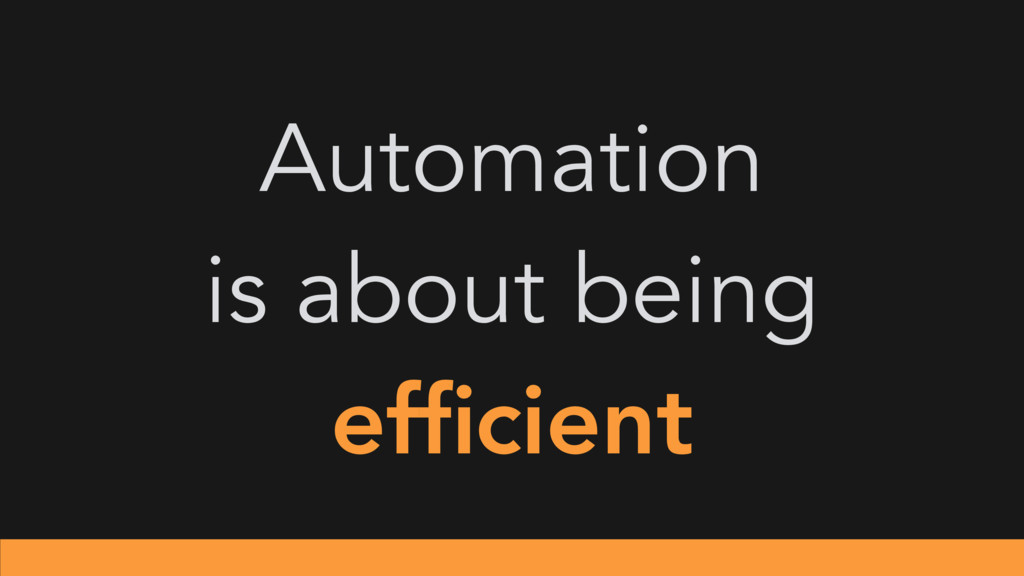PHP UK Conference 2016
 At the beginning of each year, my colleagues and I compile a list of interesting conferences for us, both Russian and foreign. Since I have repeatedly visited “general conferences”, this time I decided to attend a more specialized one, and my choice fell on the PHP UK Conference .
At the beginning of each year, my colleagues and I compile a list of interesting conferences for us, both Russian and foreign. Since I have repeatedly visited “general conferences”, this time I decided to attend a more specialized one, and my choice fell on the PHP UK Conference .PHP UK Conference has been held since 2006 and was originally conceived as a core conference for the local PHP community, where developers could share knowledge and learn first-hand about the experience of professionals and the latest achievements in the industry.
From the very beginning, the organizers made a bid for accessibility. They wanted everyone to attend the conference. This year, the ticket price was 400 pounds. Indeed, before the crisis, it was comparable to the price of tickets for HighLoad (15-24 thousand rubles). Given that this is London, the price is indeed democratic. It includes attendance at two days of the conference and meals, including breakfast, lunch and coffee breaks. The food, in my opinion, is unusual, but tasty, although the best dinners were at HighLoad 2013 at the Radisson SAS Slavyanskaya hotel.
The conference consisted of three parallel streams of reports, which lasted from 9 am to 6 pm. On February 18-19, more than 700 participants settled in the heart of London, on Chiswell Street, in the building of the former brewery Brewery, and now - the venue for various kinds of business and entertainment events. It is worth noting the excellent Wi-Fi in the venue. If necessary, it was possible to urgently update the working repository and make a couple of commits, although at many conferences with a large number of participants it is difficult.
')
The level of preparedness of speakers at foreign conferences is significantly higher than at Russian ones. I could verify this last year at the Velocity conference in Santa Clara. And the point is not so much that the reports are somehow better structured or more informative, but the fact that foreign speakers pay a lot of attention to the presentation of the material. Therefore, some presentations are becoming more like mini-performances and even the most serious reports are not boring. Plus, at PHP UK Conference, most speakers spoke plain English, and among the participants and speakers you could meet representatives of such famous companies as Akamai, AOL, MongoDB, JetBrains, Oracle, Booking.com and many others.
Subjects of speeches mainly related directly to PHP and how it works; various CMS and frameworks; PHP in a stack of web technologies and related technologies; infrastructure descriptions using PHP; security; process and development methodology.
One of the most important topics addressed at the event was safety. Two reports were devoted to her: Security Theater and Dip Your Toes in the Sea of Security . Both of them overlap in some way and each is good in its own way: they are not bad as a checklist for finding vulnerabilities. In addition, shortly before the conference, my colleagues and I discussed similar issues, which confirms their relevance.
From these presentations, I, for example, learned about timing attacks and the function to safely compare hashes - hash_equals (and there are also password_verify ). Here is a great illustration for understanding this vulnerability:

By the way, Badoo pays a lot of attention to security issues and has its own bounty vulnerability scanner. We will be glad if you take part in it.
An important topic in the development is efficiency, as described by Automation Automation Automation . In my opinion, this is one of the best performances! A motivating story, urging to automate routine operations in different parts of your project, and an impressive demonstration of how to use Vim in client-server mode to write class code and tests for you. Most of all I remember these two slides. I think many would be worth printing them and hanging them in the workplace:
 |  |
Automation, continuous integration - one of the key aspects of the effective work of companies with a large number of developers (for example, like ours, where there is a whole department of release engineers). More information about how we have organized the process of developing and displaying can be found in articles from the corporate blog ( 1 , 2 , 3 ).
Often, large Internet companies create their own development tools, automation, testing and deployment, and do not use ready-made ones, as they are either among the first to encounter problems or the existing tools do not fully meet the needs that are constantly growing under heavy load. For example, we recently talked about the implementation of Soft Mocks - our replacement runkit for PHP 7. The same how to organize the development of available existing means, described in a speech From Vagrant to Production . BitExpert supports multiple projects at the same time. Its engineers are in dire need of frequent and convenient change of the isolated dev-environment of each of them. Vagrant, Puppet, Composer, Satis, Phing, Liquibase, GitLab and Jenkins help them with this. In the presentation you can find many examples of configurations and bundles of some tools with others.
ResearchGate, a social network for scientists, uses even more different technologies. In their presentation of the Elastic scaling in a (micro) service oriented architecture , in addition to the specific tools used, the author also speaks about alternatives, which adds value to this report. But there is a clear overkill with the microservice architecture: services for services that are responsible for the interaction of other services ... In general, these slides are enough to understand what they have under the hood:
 |  |
In addition to reports on how to organize architecture, there were a number of presentations on performance and user experience, and one of the most worthy, in my opinion, is Every Millisecond Counts: Performance & UX . Davey Shafik, the author of several books on PHP, from Akamai, talks about the importance of delays in loading the site in the financial equivalent, about the techniques and tools you should use. Here are some of his recommendations:
- compress images, focusing on visible quality;
- use HTTP / 2;
- pay attention to the Speed Index (see http://www.webpagetest.org/) ;
- cache (Memcache, Cassandra, Varnish, Squid). Moreover, the author even offers to cache the entire HTML. For convenience, there is a special technology Edge Side Includes . I want to note that the idea is not new, and this approach has already been used at least 7 years ago on auto.ru. The finished HTML lay in Memcache, and the sections for banners were tagged in a certain way, substituting them for each request;
- predict user actions and load in advance using dns-prefetch, preconnect, prefetch, preload and prerender.
The “do it yourself” column was a report by Simple Machine Learning - an intriguing topic, although, in fact, it was about simple machine learning, and not about some easy way to get close to rocket science, as it may seem at first glance. The author decided to analyze the site joind.in , dedicated to reviews on presentations from various events, to search for events on the topic of PHP. By the way, I learned about this site at the PHP UK Conference, literally every speaker referred to it. It is itself open source, made using the PHP microform Slim.
To calculate the likelihood that the presence of the desired topic depends on the presence of a specific tag for publication, it was proposed to use the Bayes theorem. At the end, the author was asked if Elastic Search could be used for the same purpose. He agreed, saying that it would be interesting to try to solve this problem manually and understand that everything is not so difficult.
In total, the conference had more than 30 reports on various topics. All slides can be found on the site joind.in , and the video - on YouTube .
I am sure that it would be interesting to get to this conference for any PHP developer. For example, I liked much less on Velocity in Santa Clara, because it is more focused on DevOps, rather than web development in general. The topics covered at the PHP UK Conference are quite extensive and useful, also in terms of general education. Most speakers are very well prepared, and very quickly you begin to perceive this level as the norm. If you are planning to go to a foreign conference, then feel free to choose this - you will not lose!
Alexander Treger,
Head of the Badoo Experimental Functional Direction.
Source: https://habr.com/ru/post/281443/
All Articles